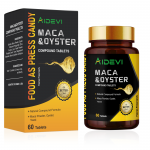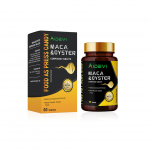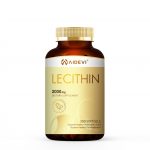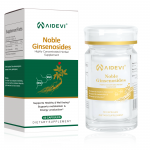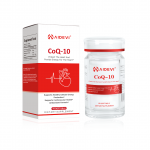Does your blood type influence how fast your brain ages? Which blood type is more likely to develop dementia?
The concept of blood types extends beyond its conventional role in medicine, delving into realms such as biology and even astrology, imbued with multifaceted meanings. The four primary blood types—O, A, B, and AB—possess distinctive characteristics that give rise to variances in health outcomes. These distinctions emanate from the presence of antigens on the surface of red blood cells, serving as reflections of unique DNA configurations. These genetic differences not only influence the makeup of organ tissues but also impact susceptibility to various diseases, thereby shaping overall health.
Exploring the realm of health disparities further, let's turn our attention to the intricate process of brain aging. While the influence of blood type on the aging of the brain may not be revolutionary, it does hold relevance. Studies have uncovered noteworthy distinctions in disease risks based on blood types, and this extends to their impact on brain health. For instance, individuals with A-type blood may be more prone to hereditary diseases, whereas those with O-type blood could face heightened risks of digestive issues.
The intersection of blood types with mental health reveals another layer of complexity. Research suggests that individuals with AB-type blood may encounter an elevated risk of memory problems and cognitive decline, attributed to specific proteins associated with this blood type. Although blood type exerts an influence, the overarching narrative underscores the significance of lifestyle factors. Social engagement, protein-rich diets, and the avoidance of detrimental habits emerge as pivotal components in the prevention of cognitive decline, trumping the exclusive impact of blood type.

For the elderly population, actively participating in social activities assumes a crucial role in maintaining mental well-being. Whether it's a leisurely stroll, engaging conversations, dancing, or participating in cognitive games, these interactions contribute to cognitive vitality. Furthermore, dietary choices play a pivotal role, with protein-rich foods like tofu and eggs being recognized as supporters of optimal brain cell activity. Concurrently, the abandonment of detrimental habits, such as smoking and excessive alcohol consumption, coupled with the adherence to a balanced diet, emerges as an indispensable strategy for holistic well-being.
In summation, while blood types undoubtedly contribute to the rich tapestry of health variations, it is essential to recognize that their impact is interwoven with a myriad of lifestyle factors. Staying socially connected, adopting a nutritious diet, and steering clear of harmful habits collectively assume a central role in not only maintaining good health but also in the prevention of age-related cognitive issues such as dementia. This holistic perspective encourages individuals to embrace a comprehensive approach to health, acknowledging the intricate dance between genetic predispositions and the choices we make in our daily lives.





